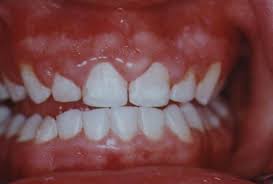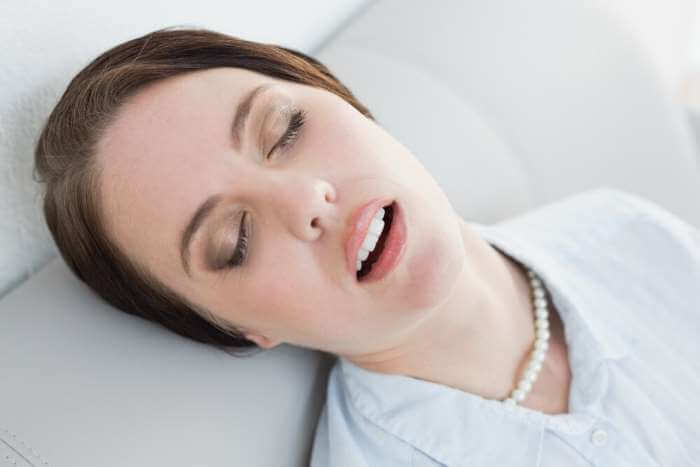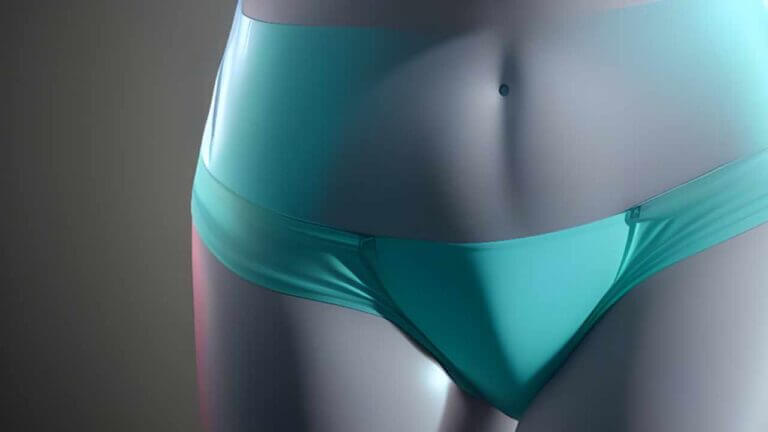The Problem With Mouth Breathing
There are several dangers associated with mouth breathing. This form of breathing causes dehydration as it dries out the airways and mouth.
The body cannot function without adequate water, so it can lead to loss of essential bodily fluids. Mouth breathing can also lead to facial deformations, resulting in ill-positioned facial structure and uneven jaw structure.
Therefore, mouth breathing should be avoided. The above-mentioned risks are not the only risks associated with mouth breathing.
Normal breathing through the nose
A person who frequently breathes through the mouth has a habit of micro-suffocating themselves and compromising their health over the long haul. This habit can lead to sleeping disorders, facial structure differences, and even dental problems.
Treatment for mouth breathing varies according to its severity and may include medications, surgery, dental care, and even the use of hearing aids. However, it is important to remember that mouth breathing can be avoided if you’re able to muster the discipline
Why Do We Breathe Through the Mouth?
Mouth breathing is a coping mechanism that can spring from several different conditions, including nasal congestion, allergies, sinus infections, and respiratory illnesses. It becomes an automatic reaction if those are chronic conditions, causing the person to breathe through the mouth even after the congestion has cleared.
This habit may even lead to a range of health issues, including lack of concentration in school and apathy. It can also lead to fatigue the next day.
Dental problems
Mouth breathing is not only bad for the body, it can have devastating effects on your oral health. In addition to treating your mouth breathing, a dentist can help you develop an oral hygiene regimen that will minimize further dental problems.

The treatment for dental problems caused by mouth breathing is highly individualized and will depend on the specific cause. It can even lead to surgery or medications. If you suspect that you are a mouth breather, you should visit a dentist for an initial exam.
If you or your child breathes through the mouth, you may experience problems with the alignment of your teeth. A recent study found a strong connection between mouth breathing and malocclusion, or the misalignment of the upper and lower teeth.
In addition to malocclusion, mouth breathing can cause problems such as an open bite, an overjet, or a crossbite. Ultimately, mouth breathing can affect your child’s oral health and overall health, which is why it’s important to seek medical treatment for mouth breathing.
Sleep disorders
Although it’s not a major health risk, the dangers of mouth breathing in sleep disorders should not be underestimated. This habit has been linked to sleep apnea, a serious sleep disorder in which the brain is deprived of oxygen due to repeated pauses in breathing.
During such episodes, mouth breathing causes the person to snore, a condition which worsens the condition. Also, snoring is worsened when the person breaths through their mouth, as it does not allow the air to reach the lungs as it does when the person breathes through the nose.
Researchers have identified mouth breathing as a risk factor for a number of sleep disorders, including obstructive sleep apnea, heart disease and cardiovascular disease. This is due to the fact that mouth breathing reduces salivary flow to the mouth, which helps fight naturally-occurring-bacteria and even reverse tooth decay. Furthermore, mouth breathing is associated with OSAS, a sleep disorder where the airflow is interrupted during sleep.
Sleep apnea
While mouth breathing is not a primary cause of sleep apnea, it can have an impact on its severity. Recent research suggests that mouth breathing may be linked to the condition.
Patients with OSAS often experience mouth breathing during the night. This may occur even when nasal obstruction does not occur. However, the data relating mouth breathing to sleep apnea are still scarce.
Mouth breathing may also be due to some underlying condition, such as nasal congestion. If there is an underlying cause, treating the condition can improve the person’s ability to breathe through the nose.
Allergy medicine may also be necessary to treat the underlying cause of mouth breathing. An individual with sleep apnea may also benefit from treatment for the condition, which may include eliminating potential allergens and retraining the body to breathe through the nose.
Hoarseness
You might have heard of the terms “mouth breathing” or “hoarseness.” You may have had one, but the two have different meanings. Mouth breathing can cause many health problems, and a medical professional can diagnose the underlying cause and prescribe the proper treatment.
Hoarseness may also be caused by laryngitis, a common condition involving inflammation of the vocal folds. This condition can be caused by infection, overuse, or a variety of other factors. When hoarseness becomes a persistent problem, it could be a sign of a serious medical condition.
Mouth breathing can also be caused by allergies or nasal congestion. Asthma, allergies, and mouth breathing can lead to crooked teeth and growth problems. Mouth breathing is also associated with dry mouth and tooth decay in adults.
It should be treated immediately to prevent negative health consequences. Hoarseness and dangers of mouth breathing are serious enough to warrant seeking medical attention. For more information, talk to your dentist today!
Changes in facial structure
There are many possible consequences of mouth breathing, including lifelong respiratory problems and an unsightly face. This habit is also linked to problems with posture, snoring, and obstructive sleep apnea.
To understand the risks and consequences of mouth breathing, here are some examples. Mouth breathing can be caused by a wide range of factors, including mouth size and shape.
The most obvious effect of mouth breathing is on the chin. It actually causes the chin to drop downwards, just like a heavy weight hanging on a person’s face. This pulls down the facial muscles and jaw joints. Moreover, mouth breathers have low tongue levels, which means that the tongue does not rest in the roof of the mouth, which is a natural support for the upper jaw.







